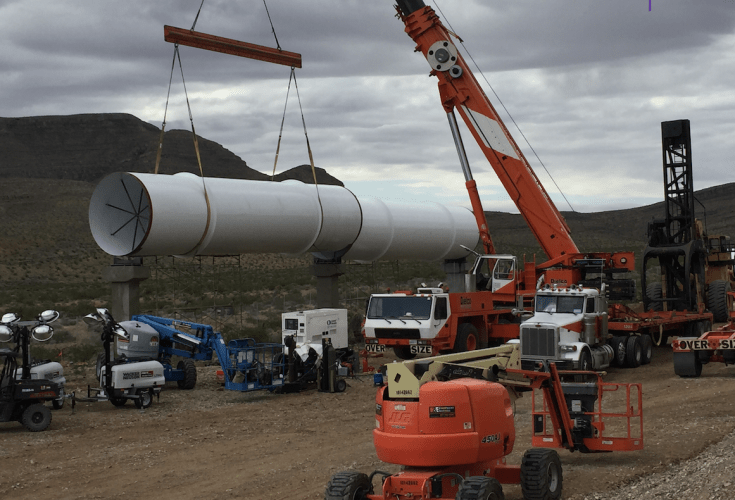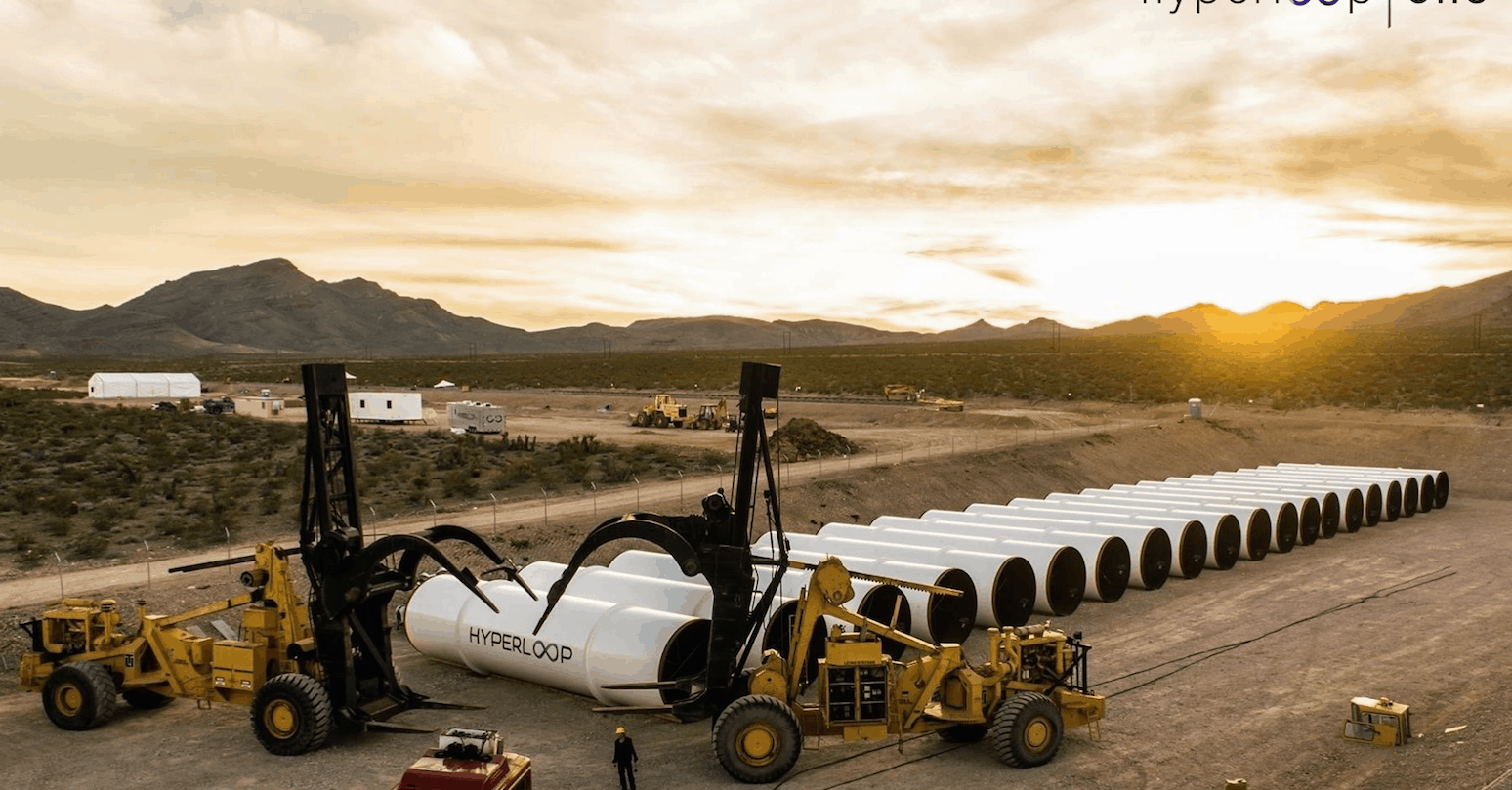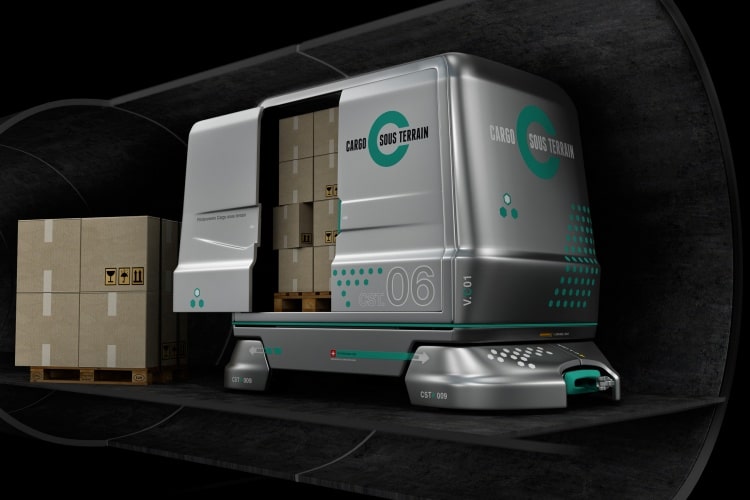Testing was conducted by Hyperloop One, the company previously known as Hyperloop Technologies. Along with the name change, this week the company announced that it has secured Series B funding of $80m from a combination of previous investors and new backers. New financial partners include the French national rail company SNCF, as well as GE Ventures.
“The overwhelming response we’ve had already confirms what we’ve always known, that Hyperloop One is at the forefront of a movement to solve one of the planet’s most pressing problems,” said Shervin Pishevar, Hyperloop One co-founder and executive chairman.
“The brightest minds are coming together at the right time to eliminate the distances and borders that separate economies and cultures.”

Hyperloop One also announced a number of partnerships with major companies around the world, including Arup, which is at the heart of Crossrail, and financial powerhouse KPMG. As testing continues in Nevada, what once appeared a moonshot now seems to be gaining mainstream legitimacy and momentum throughout the globe.
The feasibility of Hyperloop routes in Finland and Sweden is being explored in order to forge a strategic link between Stockholm and Helsinki. Elsewhere, plans are being developed for a completely tunneled cargo transport and logistics system throughout Switzerland, backed by a consortium of companies called Cargo Sous Terrain (CST).

“Hyperloop One is the ideal technology partner for Cargo Sous Terrain as we develop our underground logistics system,” said CST president Peter Sutterlüti. “We believe that Hyperloop One is on the forefront of transportation innovation that will revolutionise how we move cargo and streamline logistics.”
In conjunction to these developments is the Hyperloop One Global Challenge, where individuals, companies and governments are being invited to submit regional Hyperloop proposals. The deadline for entries is September 15, 2016 with a panel of experts convening in March 2017 to select the most transformative projects likely to gain government, financial and regulatory support.











Radio wave weapon knocks out drone swarms
Have they tested the effectiveness of the system against the new generation of fibre-optic guided drones now being deployed by both side in the war in...